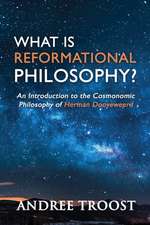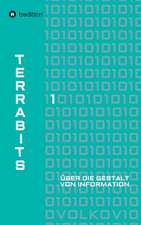Thinking in Cases
Autor J Forresteren Limba Engleză Paperback – 13 oct 2016
While Forrester was particularly concerned with analysing the style of reasoning that was dominant in psychoanalysis and related disciplines, his path-breaking account of thinking in cases will be of great interest to scholars, students and professionals across a wide range of disciplines, from history, law and the social sciences to medicine, clinical practice and the therapies of the world.
Preț: 171.44 lei
Nou
Puncte Express: 257
Preț estimativ în valută:
32.80€ • 34.25$ • 27.09£
32.80€ • 34.25$ • 27.09£
Carte tipărită la comandă
Livrare economică 15-29 aprilie
Preluare comenzi: 021 569.72.76
Specificații
ISBN-13: 9781509508624
ISBN-10: 1509508627
Pagini: 220
Dimensiuni: 152 x 229 x 10 mm
Greutate: 0.25 kg
Editura: Polity Press
Locul publicării:Chichester, United Kingdom
ISBN-10: 1509508627
Pagini: 220
Dimensiuni: 152 x 229 x 10 mm
Greutate: 0.25 kg
Editura: Polity Press
Locul publicării:Chichester, United Kingdom
Public țintă
Scholars, students and professionals in a wide range of disciplines, from history, law and the social sciences to medicine, clinical practice and the therapies of the word.Cuprins
Notă biografică
John Forrester (1949-2015) was a Professor in the Department of History and Philosophy of Science at the University of Cambridge and the author of several ground-breaking books.
Descriere
Today many philosophers and historians of science would acknowledge that there are different kinds of activity that we call science and different kinds of reasoning that are practised in them.













